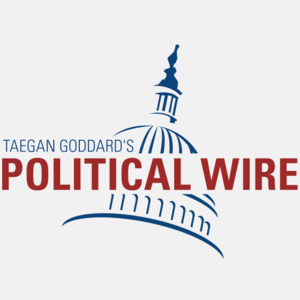- Senate Democratic Leader Chuck Schumer said a stopgap bill that passed the House Tuesday lacks enough votes to pass in the Senate. He criticized Republicans for drafting the bill without input from Democrats.
- If Congress fails to pass a continuing resolution by Friday, the government will shut down, affecting nonessential workers and some services.
- Republicans need seven Senate Democrats to support the bill to avoid a filibuster.
Full Story
Senate Minority Leader Chuck Schumer, D-N.Y., said on the Senate floor Wednesday, March 12, that a stopgap bill that passed the House Tuesday does not have enough votes in the Senate. The bill, also known as a continuing resolution (CR), would fund the federal government for the next six months.
“Funding the government should be a bipartisan effort. But Republicans chose a partisan path, drafting their continuing resolution without any input, any input from congressional Democrats,” Schumer said. “Because of that, Republicans do not have the votes in the Senate to invoke cloture on the House CR. Our caucus is unified on a clean April 11th CR that will keep the government open and give Congress time to negotiate bipartisan legislation that can pass.”
If Congress does not pass a continuing resolution by 11:59 p.m. Friday, March 14, the government will shut down. As a result, many nonessential federal workers will either be sent home or work with no pay. Essential services, such as national security, law enforcement, and air traffic control personnel, will continue to operate.
The potential shutdown may disrupt or halt certain government services. For instance, national parks, museums and some federal offices may close, while others may operate with limited staffing.
House Speaker Mike Johnson, R-La., appeared on Fox News’ “Fox and Friends” program Wednesday morning.
“Chuck Schumer has a big decision to make. Is he going to cast a vote to keep the government open, or is he going to be blamed for shutting it down? And that’s very clearly what they simply have to decide,” Johnson said. “And I hope they do the right thing because government shutdowns, as they all said in their own videos and have said a thousand times, is harmful for everybody. We don’t need that.”
Johnson sent House members home after the chamber passed the stopgap bill. They’re not scheduled to return to Capitol Hill until March 24.
Republicans control 53 Senate seats. They would need seven Senate Democrats to vote in favor of their continuing resolution to avoid a filibuster and keep the government funded.




























